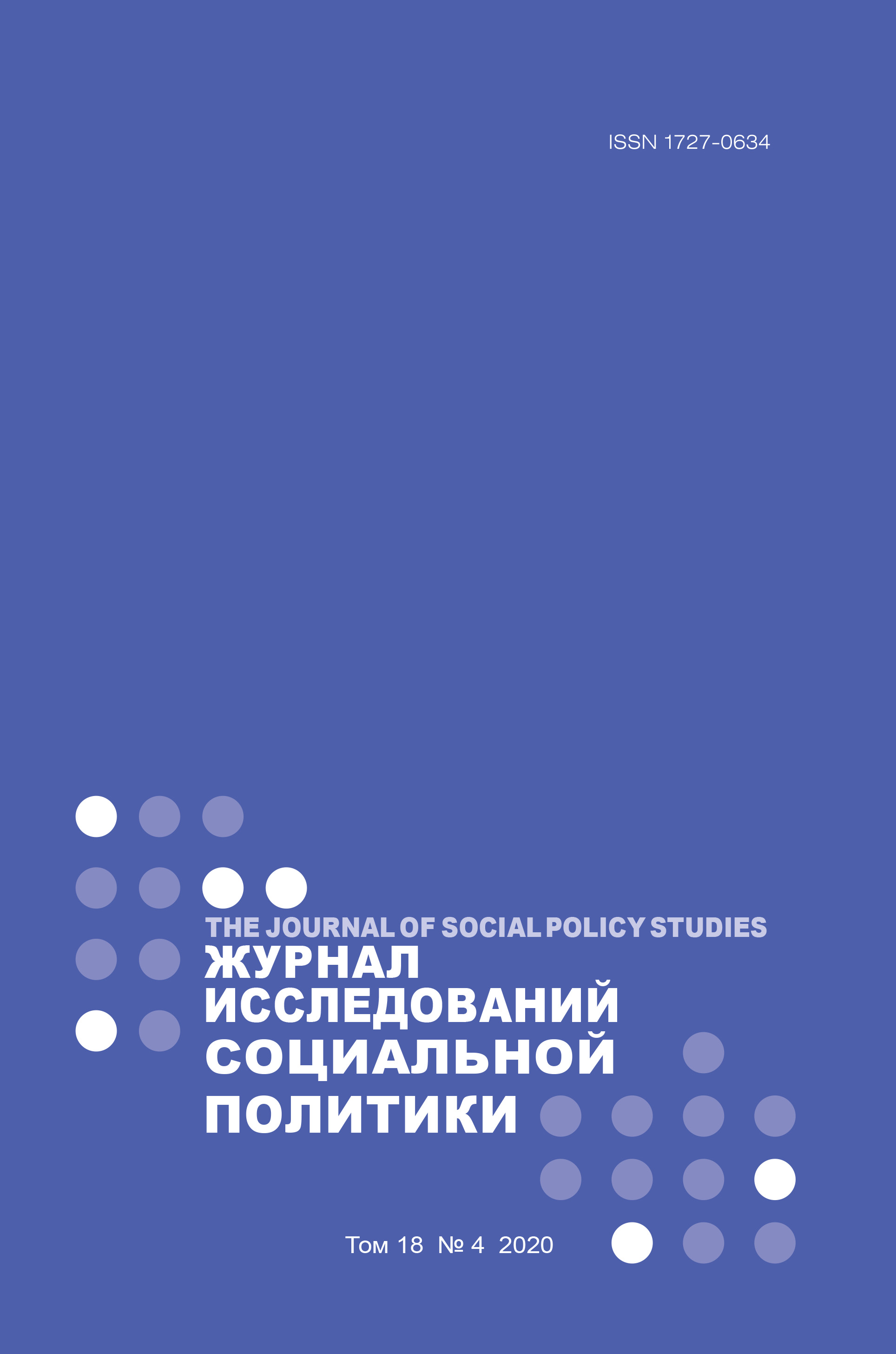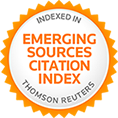Регулирование языкового ландшафта в российских городах: многоязычие и неравенство
Аннотация
В статье анализируется языковая политика в России с точки зрения языкового ландшафта, т. е. письменного использования языка(ков) в публичном пространстве. Языковая политика при этом понимается как вся совокупность мер, направленных на языковые практики, акторами которых могут быть официальные власти, бизнес-структуры и граждане. Изучение языковой политики проводится в двух аспектах. С одной стороны, рассматриваются законодательные и нормативные акты различных уровней, регламентирующие использование русского языка, других языков народов Российской Федерации и иностранных языков. С другой стороны, анализируются данные по языковому ландшафту конкретных российских городов, для которых характерны различные варианты многоязычной коммуникации (крупные города, привлекающие туристов и мигрантов; города, расположенные в национальных республиках; пограничные города). Выделяются основные тенденции в регулировании языкового ландшафта на уровне законодательства и на уровне повседневных практик. На фоне сохранения довольно жесткой монолингвальной идеологии, происходит постепенный рост языкового разнообразия в языковом ландшафте практически всех обследованных российских городов. Этот рост затрагивает как миноритарные языки РФ, так и иностранные языки, направленные на различные группы приезжих – туристов и трудовых мигрантов. Законодательство при этом может становиться инструментом, используемым различными группами активных граждан в интересах продвигаемого ими языка. Однако в ряде случаев, касающихся, прежде всего, пограничных зон, монолингвальный уклон языковой политики продолжает сохраняться и даже усиливается. В целом, неполная репрезентация иных языков, помимо русского, в публичном пространстве, отражает и закрепляет неравенство, существующее между носителями этих языков и русскоязычного монолингвального большинства. В статье обосновывается необходимость дальнейших кросс-региональных исследований языковой политики и языкового ландшафта для понимания изменений, происходящих в современном мире.















